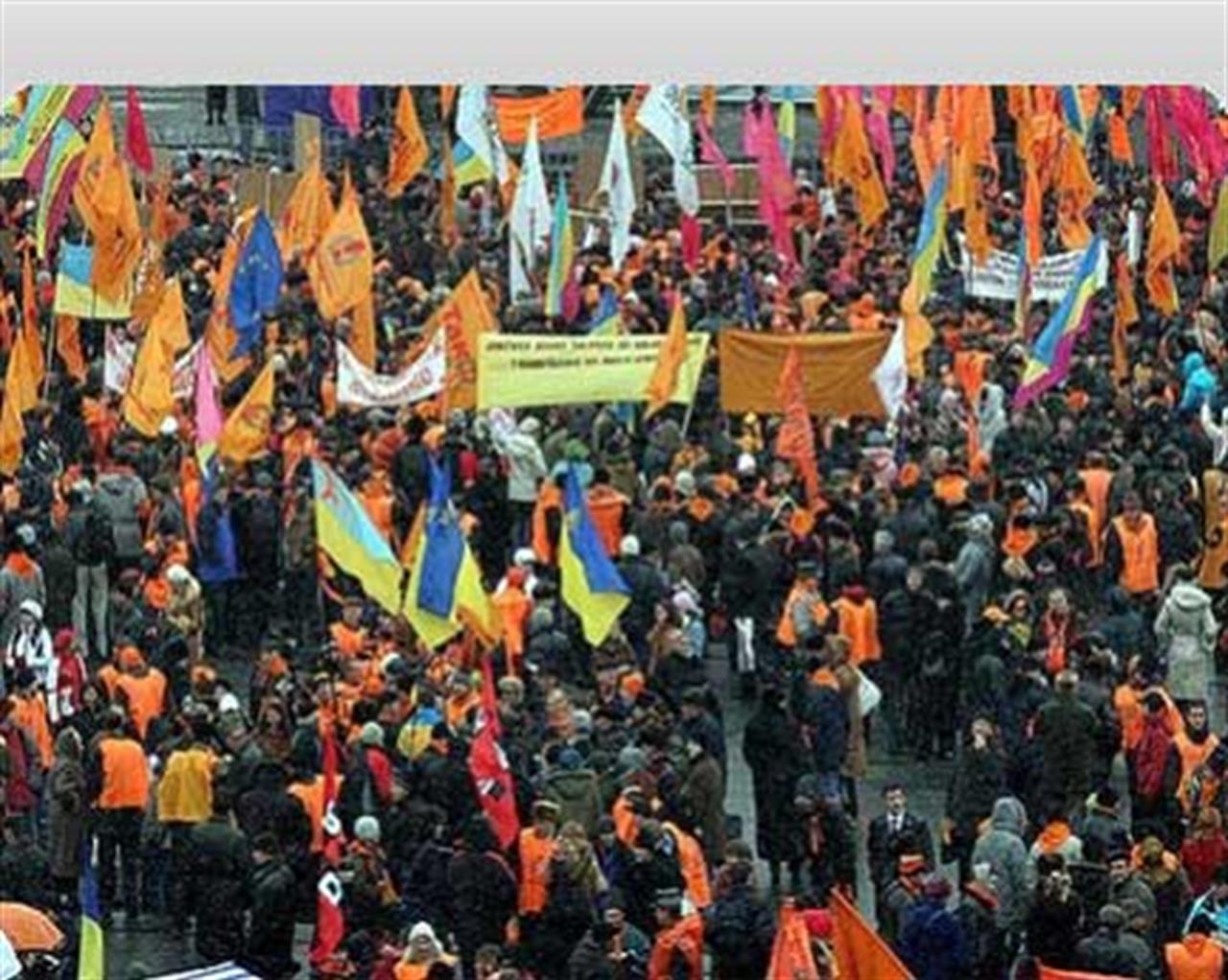Non profit
Where did they all go?
Interview with Oleksandr Sydorenko, director of the Innovation and Development Center (IDC)
di Rose Hackman

Ukraine goes to vote on February 7 with the Orange Revolution all but a distant memory. What then of those impassioned, peaceful activists who took to the streets during that cold month of November 2004 to demand change?
In the run-up to the final round of the Ukrainian elections – the first since 2004 – Oleksandr Sydorenko, director of the Innovation and Development Center (IDC), a leading Ukrainian NGO, which has been seeking to empower local civil society as well as enhance education opportunities since 1997, answers Vita Europe’s questions, casting light on the mysterious case of the lost civil society leaders…
How present has civil society been during these elections?
Not very to be honest, if when you mean civil society, you do not take politicised activities into account.
Having said that, a campaign was launched about a month ago called “New Citizen.” The campaign is seeking to be a public advocate and present to the new President what Civil Society expects from it. It’s a small movement though, with thirty or so organisations and no funding. What lies behind it is the fact that certain civic organisations are trying to find new ways to regain public trust.
What contributed to civil society loosing this trust?
Disillusionment which I can broadly tie to the Orange Revolution but also to the general political situation in Ukraine and the growing power of major political parties.
What happened that November 2004 was a real grassroots movement that came from within society. People wanted new leaders and a new Ukraine. Civil society organisations became institutions which could unite citizens and mobilise volunteers. Nobody got anything out of it in the end. OK, some changes were made, but changes for what? Changes for who? The consequence of this is that not only do people no longer trust political parties anymore, but they also do not trust civil society organisations.
What do you think made the Third Sector so strong in 2004?
The organisers and leaders of the Orange Revolution were exceptionally charismatic and the product of some great training that went on within civil society in the 1990s. After Ukraine’s independence in 1991, the concept of civic organisations was a new one and therefore quite weak. The arrival of the Soros Foundation was really what brought the concept from abroad. There was a whole movement that went on to arm non profit groups and their heads with strong skills – movement which the IDC participated in too. Gradually, the Third Sector started having a much bigger resonance on public opinion than political parties, and these were overshadowed by public activities initiated by civil society organisations.
Where have all these charismatic leaders gone today?
Most of them have moved on to political organisations, state departments or businesses. There has been a real exodus – of those leaders from the 1990s, and I am talking about hundreds of them, I know of very few who have remained within the sector.
Are any new younger figures emerging to take over?
Yes. There are newcomers, but not of the same kind. You see over the past few years in Ukraine, civic organisations have been misused by political parties. Youth branches of political parties are formally called “civic organisations”. Many NGOs are being funded directly by political parties too. This means that new leaders are more engaged in “political” issues, and less and less people are creating NGOs for social protection, environmental issues and human rights – all of which used to be very popular in the past. Now we have reform groups, but little who really promote the Third Sector per se.
Some commentators have gone as far as saying that these elections are sealing the reversal of the Orange Revolution. Do you agree?
What we are seeing is general disenchantment. What seems apparent is that people will not so much be voting for a candidate, but against a candidate. People do not think that anyone, from the short list of candidates, can change the country.
Cosa fa VITA?
Da 30 anni VITA è la testata di riferimento dell’innovazione sociale, dell’attivismo civico e del Terzo settore. Siamo un’impresa sociale senza scopo di lucro: raccontiamo storie, promuoviamo campagne, interpelliamo le imprese, la politica e le istituzioni per promuovere i valori dell’interesse generale e del bene comune. Se riusciamo a farlo è grazie a chi decide di sostenerci.
